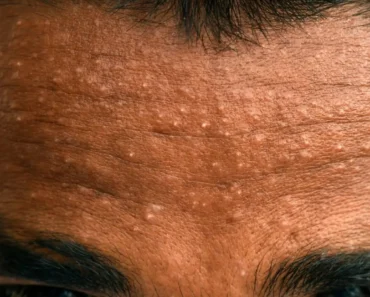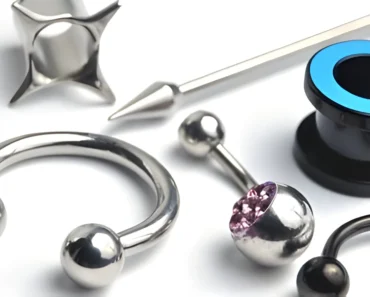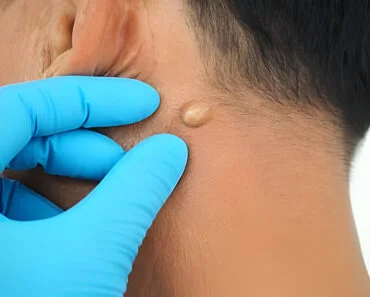
Dealing with a troublesome tooth nerve can be extremely painful and distressing. While it’s always best to seek professional dental care, there are instances where immediate relief is needed, and you might consider home remedies as a temporary solution. This guide offers a step-by-step approach to help alleviate tooth nerve pain until you can visit a dentist.
Kill Tooth Nerve
Understanding the complexity of tooth nerve pain is crucial before attempting any home remedies. This pain usually indicates underlying issues such as cavities, gum disease, or trauma to the tooth, which require professional treatment. However, this guide provides temporary solutions to Kill tooth nerve by addressing the nerve directly.
Step 1: Identify the Affected Area
Before Kill tooth nerve, it’s important to pinpoint the exact tooth or area causing discomfort. This helps in effectively targeting your treatment.
Step 2: Rinse with Salt Water
- Action: Mix a half teaspoon of salt into a glass of warm water.
- Purpose: Saltwater acts as a natural disinfectant, helping to flush out irritants that may be causing inflammation.
Step 3: Apply Cold Compress
- Action: Apply a cold compress to the outside of your cheek near the sore area for 15-20 minutes.
- Purpose: Cold helps reduce swelling and numb the nerve endings, temporarily relieving pain.
Step 4: Use Clove Oil
- Action: Apply a small amount of clove oil directly to the affected tooth using a cotton ball.
- Purpose: Clove oil contains eugenol, a natural anesthetic and antiseptic, which can numb the tooth nerve and reduce pain.
Step 5: Consider Over-the-Counter Pain Relievers
- Action: Take over-the-counter pain relievers such as ibuprofen or acetaminophen as directed on the package.
- Purpose: These medications can help reduce inflammation and pain throughout your body, including in your tooth.
Step 6: Temporary Fillings
- Action: Apply a temporary filling material, available at most pharmacies, to cover exposed nerves in a damaged tooth.
- Purpose: This can prevent air, food, and bacteria from aggravating the nerve, thus reducing pain.
While these steps can provide temporary relief, they are not a substitute for professional dental care. Persistent tooth nerve pain is a sign that you should consult a dentist as soon as possible to address the underlying cause and prevent further complications.





